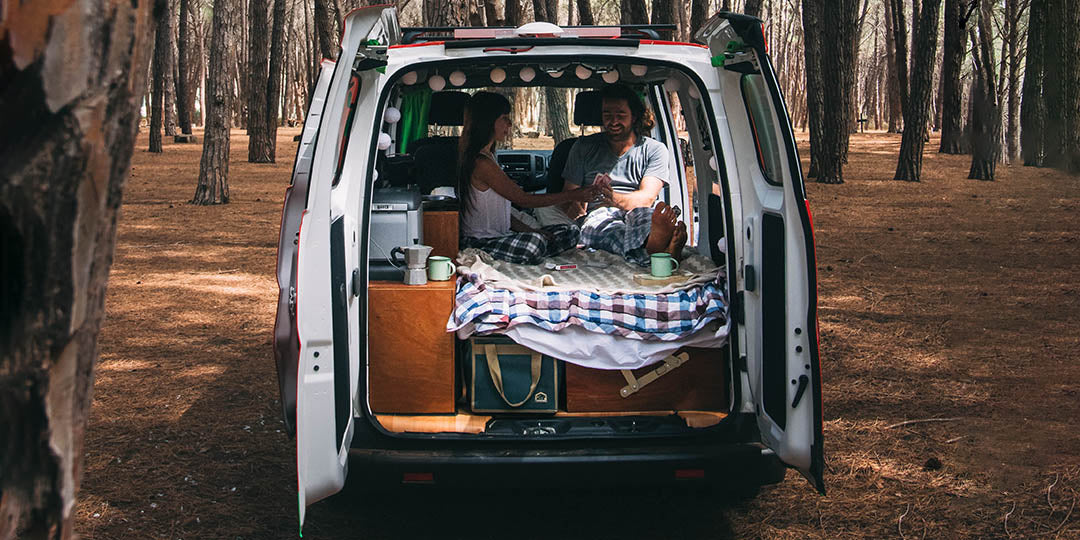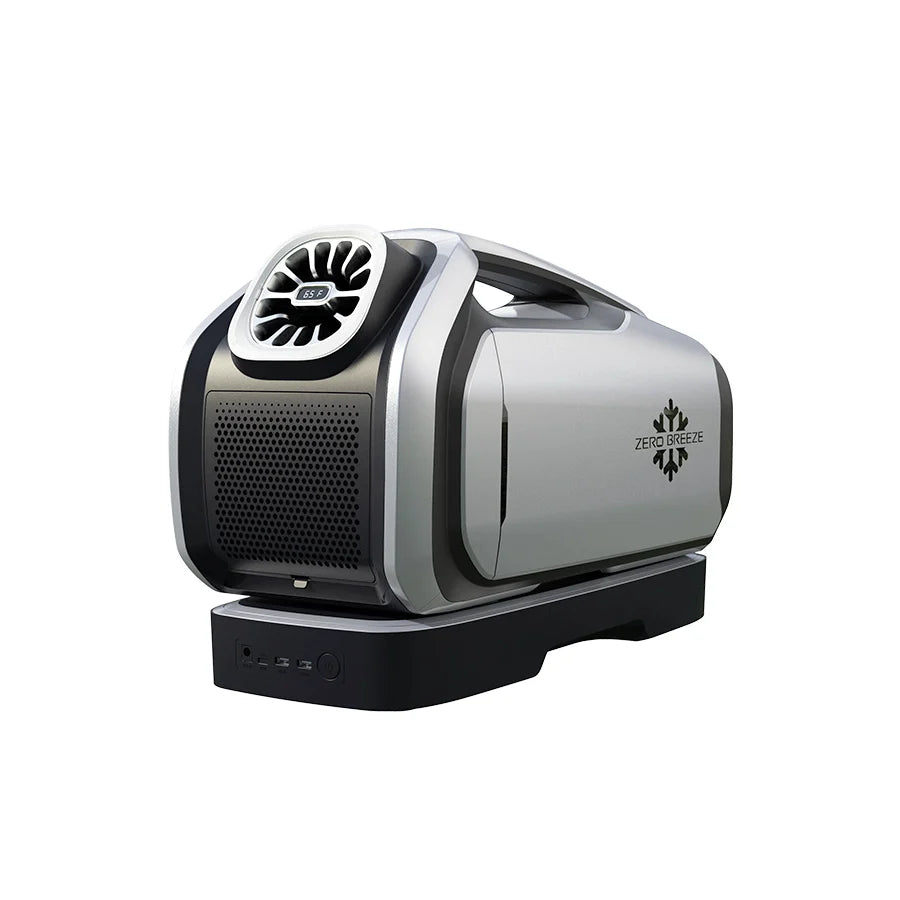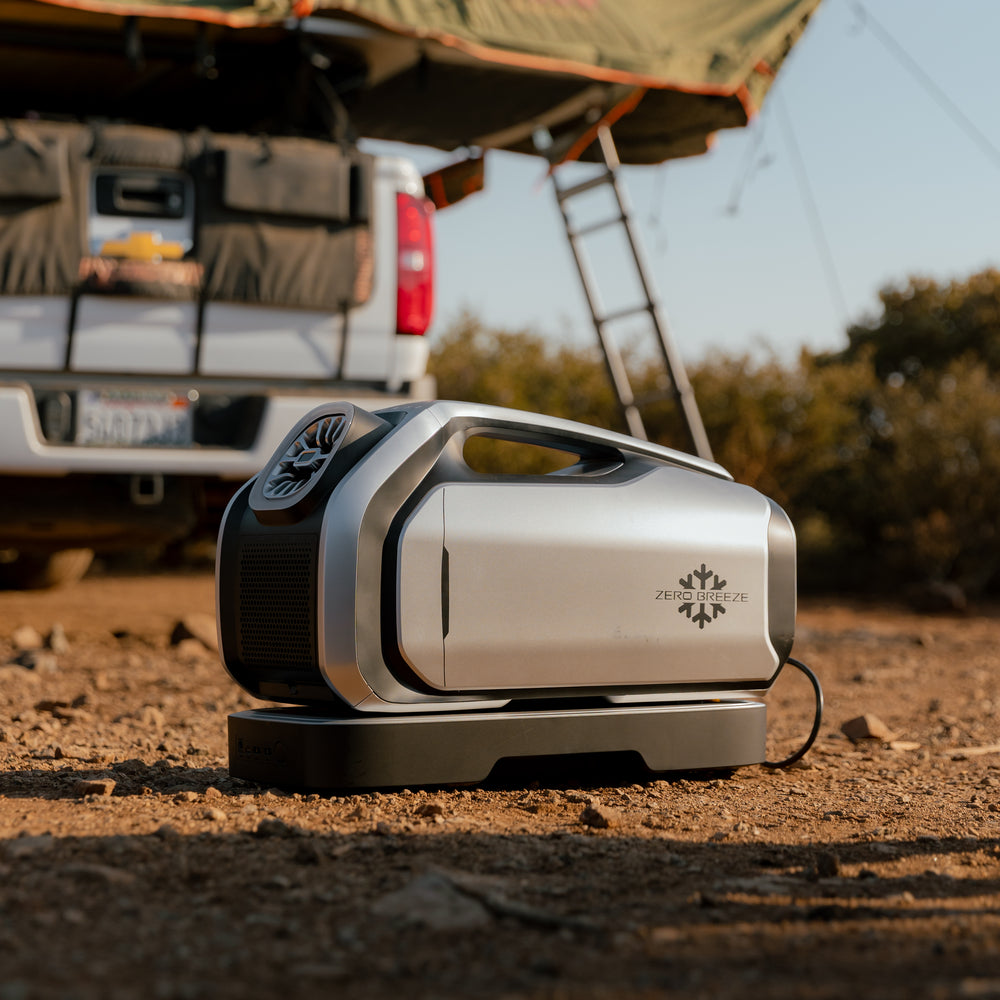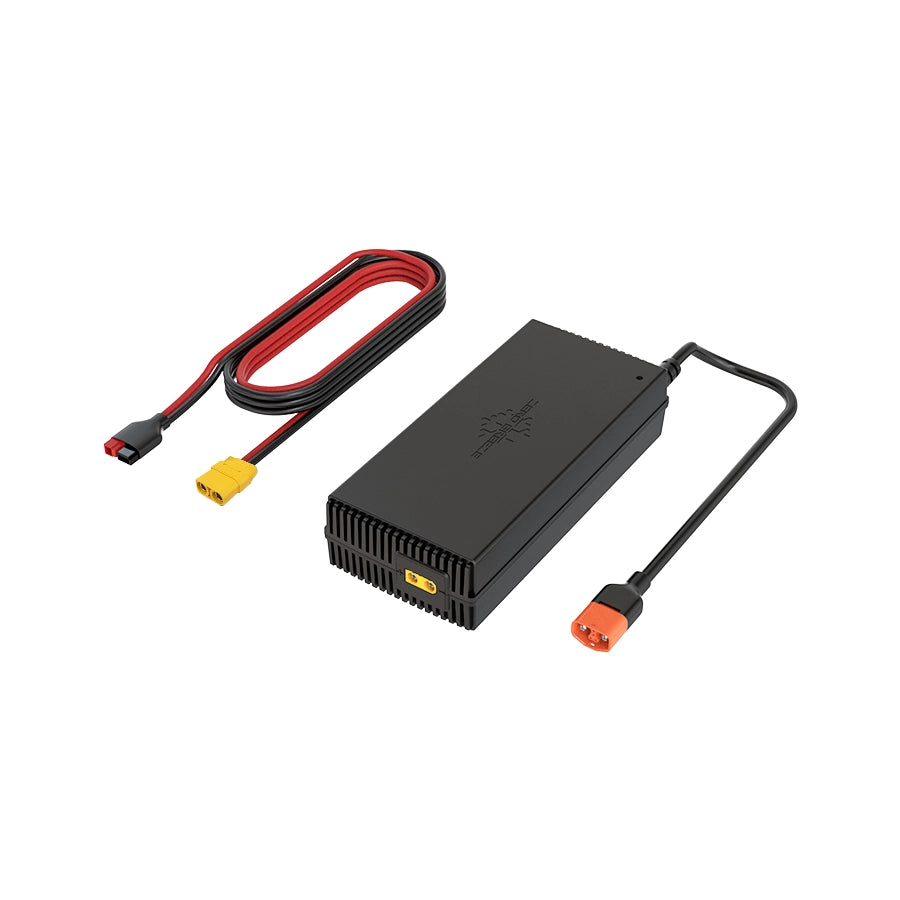What is BTU?

When people are talking about air conditioners for their van, they always mention BTUs. What is BTU? How many BTUs do I need? Is it enough to cool my van? We will talk through BTU in this article. Let’s get to know a little about it.

What BTU Stands For
According to EIA, A British thermal unit (BTU) is a measure of the heat content of fuels or energy sources. It is the quantity of heat required to raise the temperature of one pound of liquid water by 1 degree Fahrenheit at the temperature that water has its greatest density (approximately 39 degrees Fahrenheit).
What BTUs Mean to Your AC
Air conditioners come with BTU ratings. This rating substantially tells you how powerful the unit is. They are used to telling you the power of air conditioners. But what do they mean by air conditioners?
Instead of heating, air conditioners remove heat from the air and circulate cool air back in. Here, BTUs still work as measurements. However, instead of measuring the amount of heat added, they measure how much heat is removed per hour.

How many BTUs do you need?
Some people reported that AC with 5,000 BTU cools enough for their good insulation van. Some others say that they need at least 13,000 BTU AC to be satisfied. It all depends on different factors.
The outdoor air conditioner differs from the traditional home air conditioner. Their cooling capacity is also different. House usually has thicker walls. Houses contain much more cold air than vans or tents. It is because of the thickness of the walls and their insulation. There are AC BTU calculators on the Internet. Keep in mind that most calculators are for a typical room or house. How many BTUs should a tent or a van need?
Let's say a person generates 500 BTUs an hour, and a pet produces 300 BTUs. Then a 2-person tent should require at least 1,300 BTU AC cooling power at night. Some portable air conditioners, such as evaporative coolers, produce 0 BTU. ZERO BREEZE Mark 2 has 2,300 BTU. Obviously, 2300 will be enough to cool a sleeping area at night.
Let me explain how it works
Do you remember the drain & fill question from school? Imagine a water pool filled with water. There are two pipes in the pool, one is a drainpipe, and the other one is an intake pipe. The total volume of water is the heat in the area. The drainpipe here is what we call "BTU". The drainpipe does the work to drain the water in hours. And the intake pipe brings the water, which is present heat, into the pool.
For example with the 2300 BTU Mark 2. The drainpipe drains 2300 BTU of water every hour. If the intake water amount is 2300 per hour, then the volume of water in the pool will remain the same.
If the drain is 2300 per hour, and the intake amount is 2000, the total volume of water will decrease and eventually empty the pool.
If the drain is 2300 per hour, and the intake is 2500, the total volume will increase.
Intake heat/hour > BTU/hour = warmerIntake heat/hour = BTU/hour = same
Intake heat/hour < BTU/hour = cooler
Overall, if the heat source produces less heat than BTU per hour. The temperature in the area will decrease.
The size of the pool matters too. It takes a longer time to drain a larger pool. So with the same BTU, larger areas take a longer time to cool down.
When choosing a new air conditioner for your van, it is important to size it correctly. This does not mean that the unit needs to fit into specific dimensions. Instead, sizing the air conditioner means choosing one with the right BTU rating. There are several factors that go into ensuring that you get the right air conditioner.
What are some factors?
Size
The primary factor in how many BTUs you need is the square footage of your van. RVs require more power than teardrops. In the RV, you can use curtains or doors to separate your sleeping area. It will create a smaller space in the van, so when you are on a long trip, you can save a lot more power in cooling. It is very important to choose the right size van for your trip, just like choosing the right air conditioner.
Location
The location of your van and where you park will play a role in how many BTUs you need. Van in hotter and more humid climates will need* more power than in cooler and dryer climates. If you park under the shade, that will help with temperature control too.
Insulation
How well you insulate your van is also important. If your van is not well insulated, it will quickly lose cool air. It also needs more power to cool the area and keep the temperature low. In fact, a van's insulation depends on how thick the wall is and how many windows it has. If your van has thinner walls and large windows, it requires more power and BTUs. There are things, such as adding insulating curtains or solar reflective paint to keep your van cool in summer.

Do more BTUs always mean better?
Higher BTUs mean more powerful air conditioners. However, this does not mean that you should automatically choose the highest BTU you can find. With air conditioners, bigger does not always mean better. If your air conditioner is too powerful, it will cool your van too quickly. Your air conditioner also removes moisture. If it cools down too quickly, it means your AC has not had time to remove moisture from the air.
Conclusion
With the right information, it is easy to choose the right air conditioner. Before buying an air conditioner, find out how many BTUs you need. Matching BTU requirements to area size is very important.
If your air conditioner has a higher BTU rating than the van size, it will cycle too quickly, waste energy, and will not adequately dehumidify the space. So a higher BTU than needed is definitely not recommended.










Leave a comment